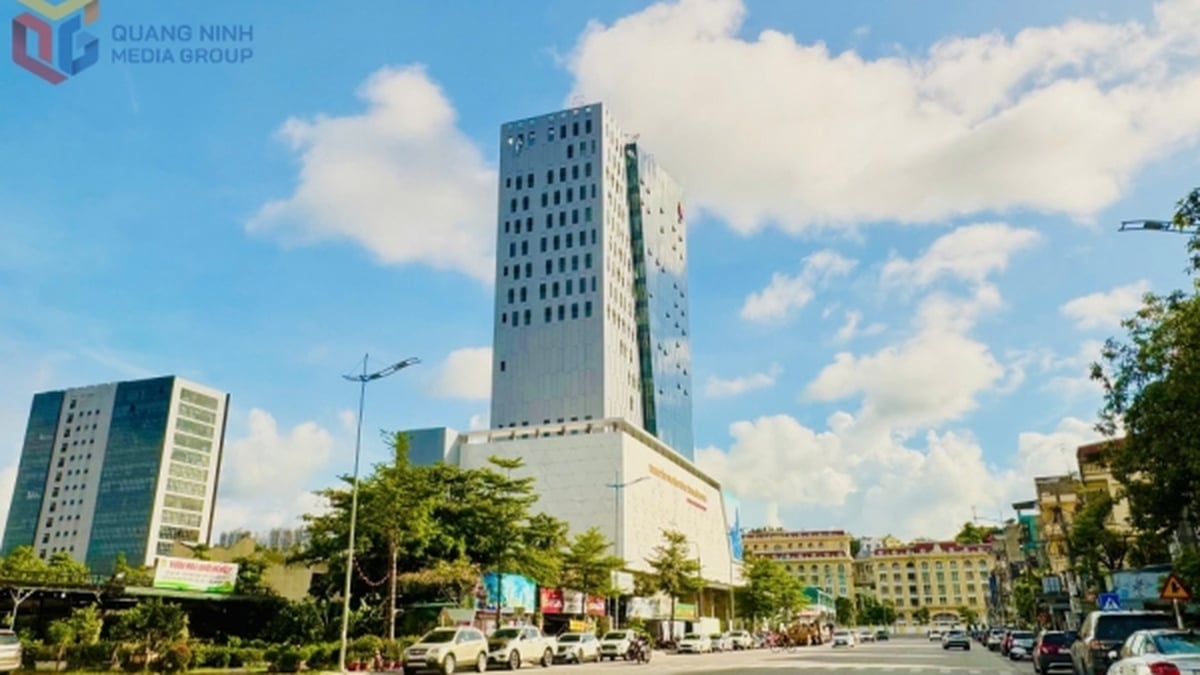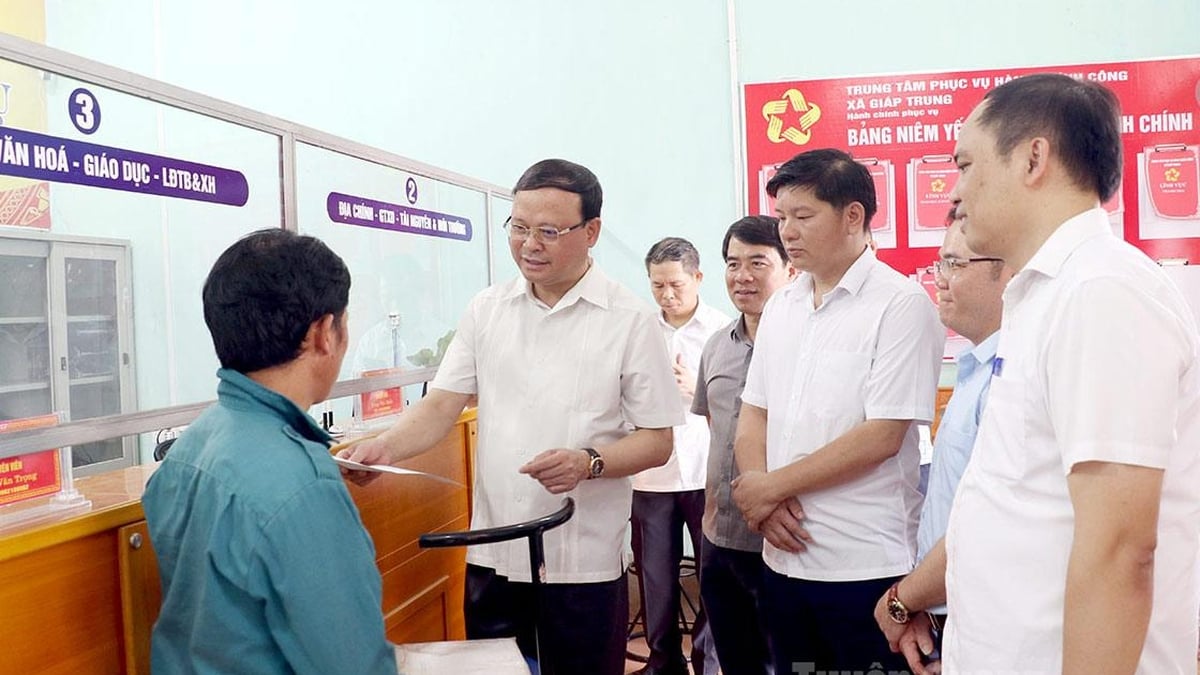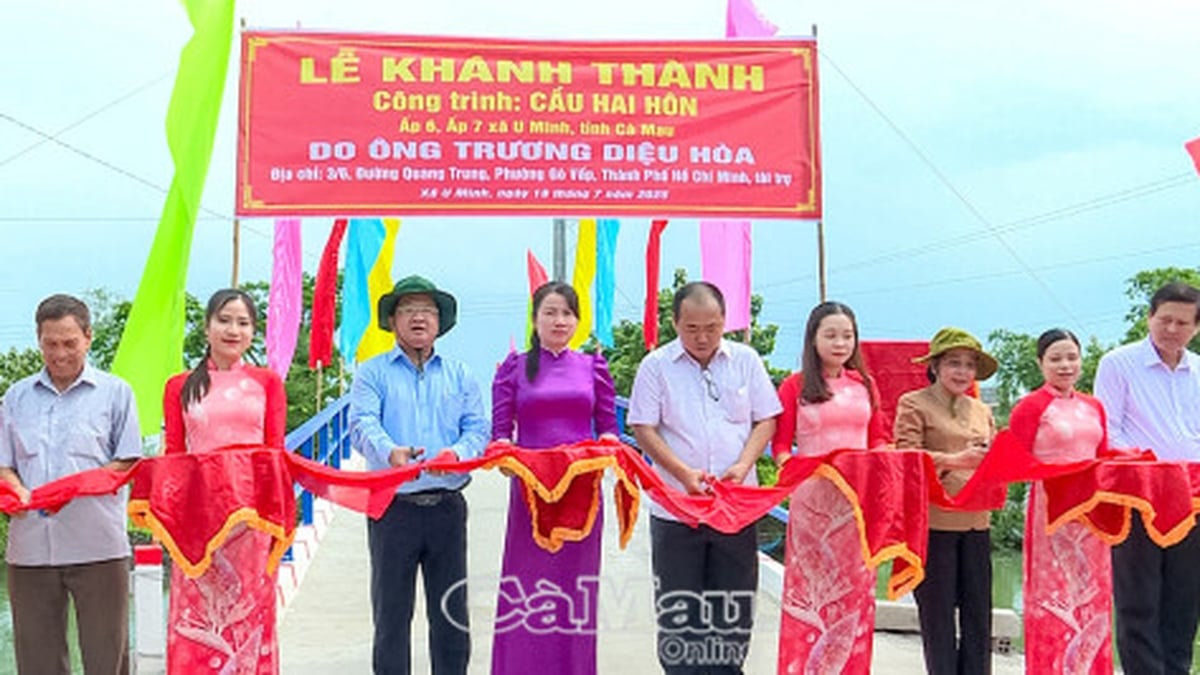Digital transformation is taking place across the country with strategies and characteristics specific to each locality. Digital transformation is present as a colorful picture, spreading in every corner of economic and social life.
Each place has its own way of doing things.
Da Nang City identifies digital transformation as a way to change the way of state management, social management and production and business, combined with the application of digital technology to create new services, bringing new values. From August 2023, Da Nang will put into operation and exploit the Smart City Operation Monitoring Center (IOC) and District Operation Centers (OC), thereby providing 140 types of statistics, visual charts and 50 types of warnings and early forecasts.
Mr. Tran Ngoc Thach, Deputy Director of the Department of Information and Communications of Da Nang , said that Da Nang has achieved 100% of administrative procedures eligible to be provided as full-process online public services, with a total of 1,797 online public services, accounting for 93.54% of the total number of administrative procedures...
In digital transformation, Ho Chi Minh City with its digital data strategy has brought about many remarkable results. The Department of Information and Communications of Ho Chi Minh City has coordinated with departments, branches and localities to operate a data sharing platform and digital map services of the city; at the same time, connecting and sharing notarized data and cadastral databases to improve the effectiveness and efficiency of management, preventing violations of laws on land and real estate business.
Up to now, Ho Chi Minh City has completed the centralized city administrative procedure information system, issued 600 online public services and this system has configured 617/740 online public services.

Hanoi City alone was assigned by the Government to deploy a model of typical digital transformation districts and digital transformation associated with building a smart Hanoi City by 2025, with a vision to 2030, including 55 targets and 201 tasks.
“The Hanoi Department of Information and Communications has encouraged districts, towns and cities to boldly propose and launch pilot digital transformation models locally,” said Mr. Nguyen Viet Hung, Director of the Hanoi Department of Information and Communications.
Serve life better
With the digital data strategy, the digital transformation of Ho Chi Minh City is accelerating and developing both in breadth and depth on all three pillars: digital government, digital economy and digital society. Mr. Lam Dinh Thang, Director of the Department of Information and Communications of Ho Chi Minh City, informed that Ho Chi Minh City sets a digital data target by 2025: 100% of the management information system on land, construction licensing, and planning will be uniformly formed in the city to maintain, update, and exploit data to serve urban management and development; complete the creation of electronic health records of people, data on social security, data on establishment, business operations and individual business households, etc. Meanwhile, Hanoi City determines that digital transformation is closely linked to the development of a smart city.
“The sustainable smart city model that Hanoi is aiming for will bring a truly high-quality, convenient, safe and friendly living environment to all citizens; build a government that serves the development of organizations and businesses…”, said Chairman of the Hanoi People's Committee Tran Sy Thanh. Through digital transformation, localities have achieved initial results. According to Minister of Information and Communications Nguyen Manh Hung, the conditions for national digital transformation are now sufficient to carry out the program's central task of socio-economic development.
“2024 will be the year of strong application of artificial intelligence and virtual assistants. 2024 is also the year that online public services must be complete, must be done remotely, from people's homes; complete public services must be used by at least 70% of people,” Minister Nguyen Manh Hung emphasized.
BA TAN - XUAN QUYNH - TRAN LUU
Source



































































































Comment (0)